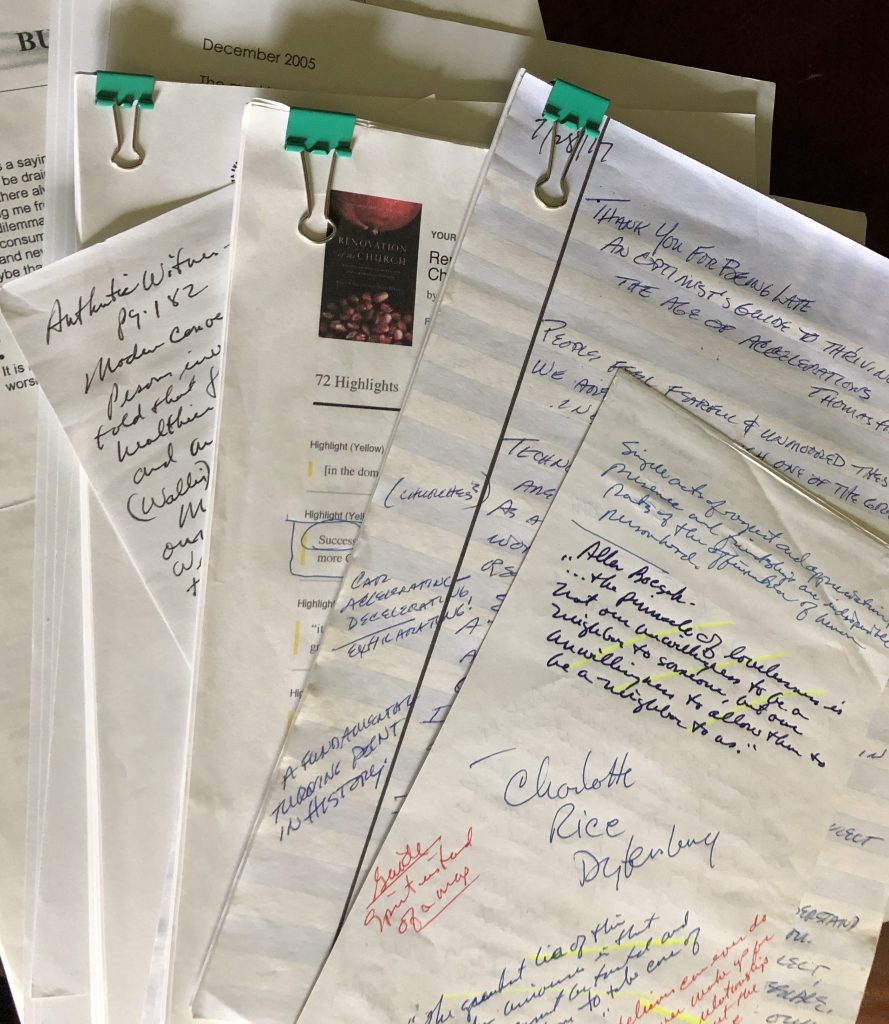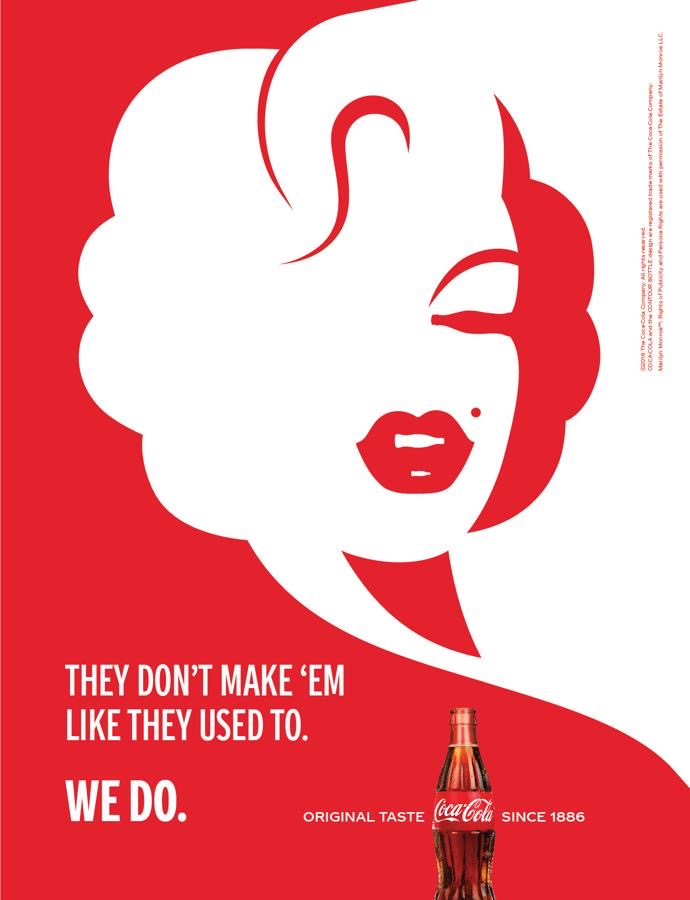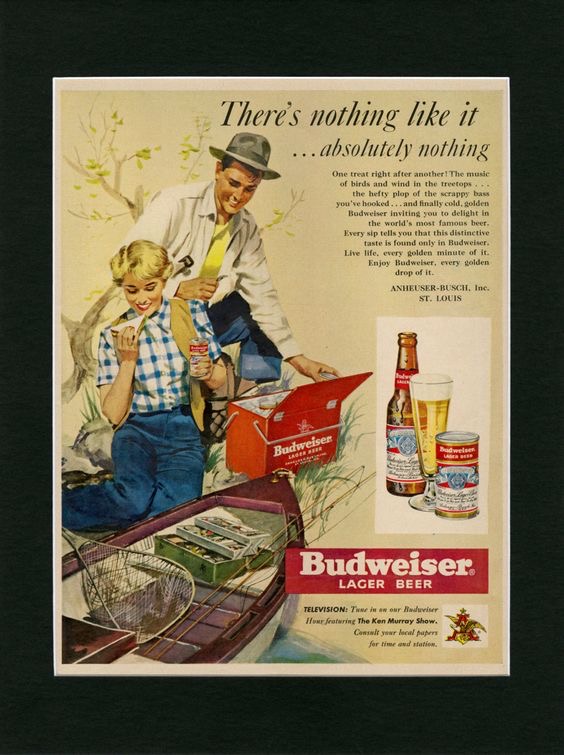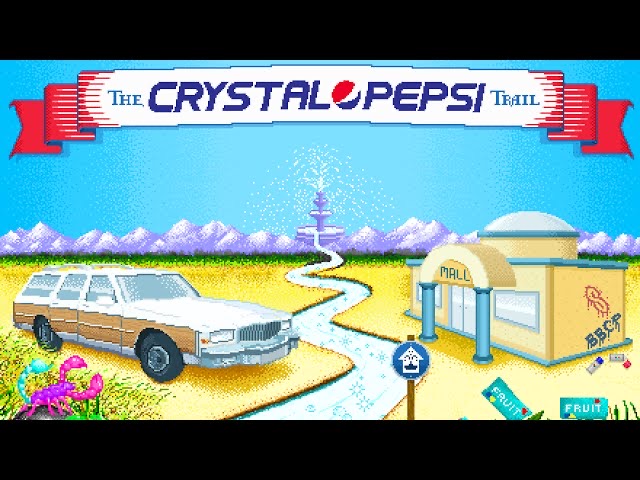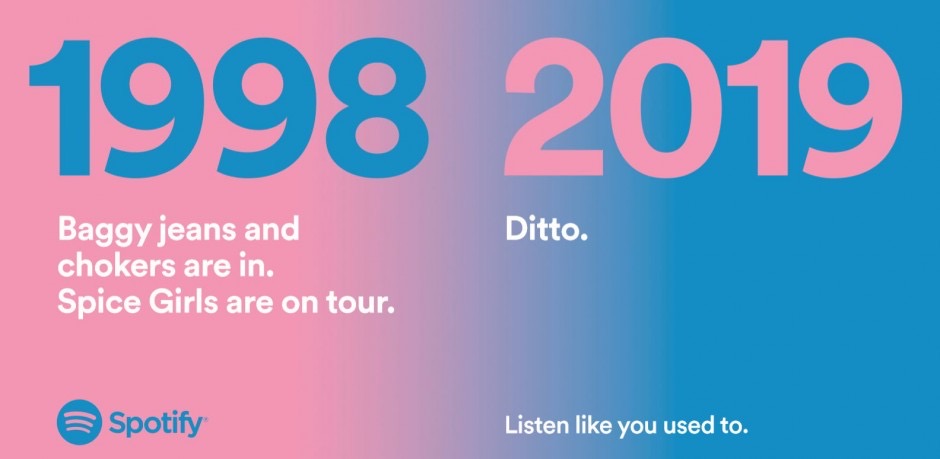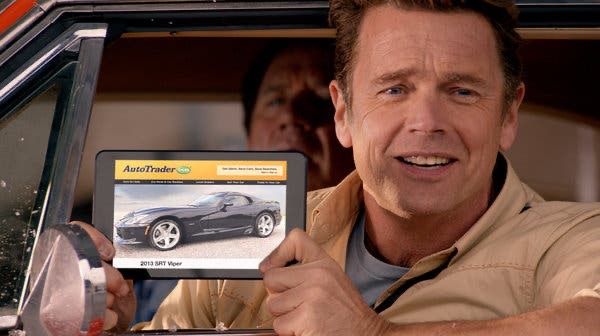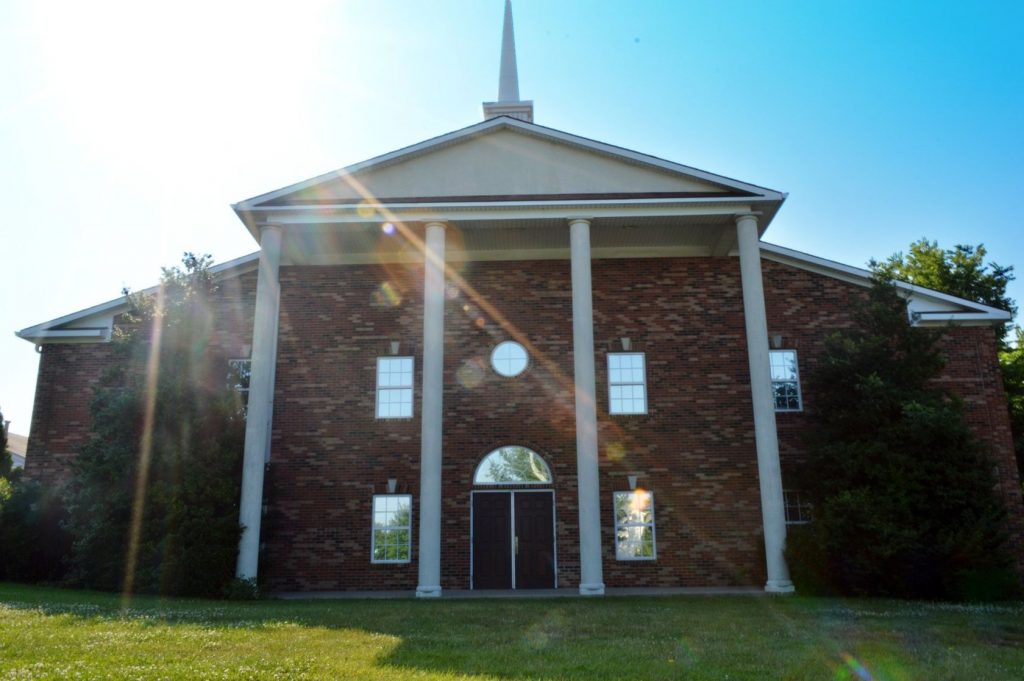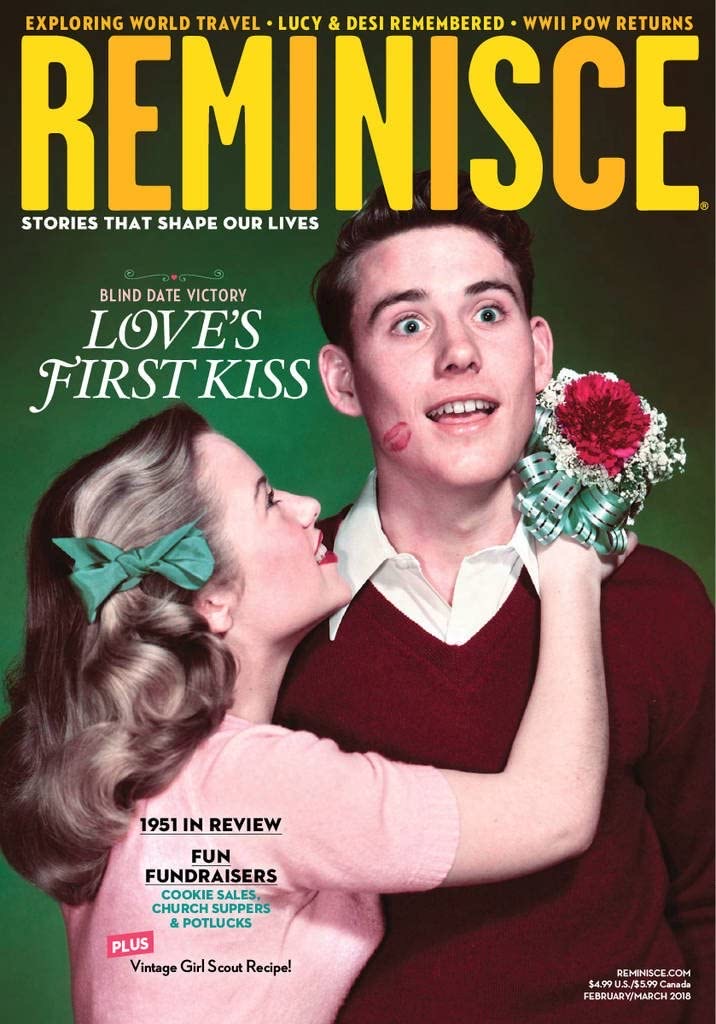Nearing two months of quarantine and social distancing, I’m restrained from complaint by privileged circumstances. Comfortably insulated from job loss, financial pressures, and toilet paper shortage. I enjoy yard work and wood shop time. There are video meetings with family, friends, Sunday worship, bible study group. There are occasional front porch meetings (with proper social distancing). Reading and writing fills the gaps and my to-do-list never gets completed. A loving wife completes this “desert island” experience.
Despite all that, quarantine is is taking its toll. Nothing dramatic, more like a nagging, dull headache. Perhaps I should describe my state as unsettled. As I become increasingly aware of of dire, even desperate, circumstances near and far, there is sadness mixed with a twinge of guilt. Maybe I’m experiencing survivor guilt, although prematurely.
A significant contributor to my unsettledness, is increasingly unhealthy rhetoric.
(unhealthy rhetoric : speech which seres no useful purpose. OK, I understand everyone considers their rhetoric helpful, even essential)
Unhealthy rhetoric has been rampant, but the pandemic has thrown fuel on the fire.
I feel like I’m at an office Christmas party where people get smashed, do and say all kinds of things which, at the least, they will be ashamed of when they sober up, or, at worst, get them fired. I’ve learned some surprising things that will not be easily forgotten.
Most troubling are Christian responses to the pandemic and related social restrictions. The range of responses is broad, revealing theological differences or more precisely, our theodicy. Varied responses are no surprise, as evidenced by the historical disunity of Christianity. I welcome the challenge of a sincere struggle with WHY. Asking “why” exposes glib answer’s and confirms we are not in control.
Unlike the psalmist, who lamented “Why, Lord, do you stand far off? Why do you hide yourself in times of trouble?”, rare is the voice of lament among Christian responses. We are a people unfamiliar with lament, clothed with a mantle of celebration and triumph, silenced in the face of the inexplicable injustice of this pandemic.
This is an opportune time. A wilderness experience that leaves us vulnerable in ways we could never imagined. A time that will reveal truths about ourselves otherwise concealed by illusions of self-sufficiency, independence, and infallibility. For my privileged self, most likely my wildness will be more like a spoiled vacation. None the less, it is an opportunity, an inflection , as one writer describes it, “It can either accelerate and exacerbate the [cultural/spiritual] breakdown we’ve been observing, or it can provide an opportunity for in-depth positive change.”
I recently read a story quoted from The Brothers Karamazov. I have adapted it to our COVID-19 circumstances. Perhaps it can nudge us toward in-depth, positive change.
“I suffer from…lack of faith…”
“Lack of faith in God?”
“Oh, no, no, I dare not even think of that, but life after [COVID-19]…this thought about a future life after [COVID-19]troubles me to the point of suffering, terror, and fright…It’s devastating, devastating!”
“No doubt it is devastating. One cannot prove anything here, but it is possible to be [confident].”
How? By what?”
“By the experience of active love. Try to love your neighbors actively and tirelessly. The more you succeed in loving, the more you’ll be convinced of the existence of God and the immortality of your soul. And if you reach complete selflessness in the love of your neighbor, then undoubtedly you will believe, and no doubt will even be able to enter you soul. This has been tested. It is certain.”
